The British Council has just announced 90 outstanding English words that have had an influence over the past 9 decades.
The list of 90 words was discovered and discussed by renowned lexicographer and etymologist Susie Dent and compiled by Dr Barbara McGillivray, a leading expert in computational linguistics and digital humanities, as part of the British Council’s 90th anniversary celebrations.
According to the British Council, the list of 90 words was selected through a process that combined computational methods, highlighting the social, cultural, technological, political and environmental developments that have shaped the English language from 1934 to 2024.
The main topics of these 90 words are related to the development of global English; the impact of science and technology on language; the intersection of entertainment and language; equality and diversity; the impact of Covid-19 on English; the language we speak, the language we teach.
English words featured in the list of 90 include:
Bikini: The word was first coined in 1948, derived from the German transliteration of the Marshallese name for Bikini Atoll, where nuclear tests took place. Designer Louis Réard named the swimsuit to evoke the explosive impact, linking fashion and historical events.
Virus: From the Latin root meaning “poison” or “slime,” virus was originally used in medicine to describe disease-causing agents. By the 1950s, it was commonly used to refer to infections rather than bacteria. The term was later applied to computer technology to refer to malware. This evolution reflects the word’s shift from medical to digital technology.
Artificial Intelligence (AI): First used in 1955, artificial intelligence reflects early ambitions for machine intelligence, inspired by the work of Alan Turing. Originally a product of research in the 1950s, AI has grown to influence global technology and everyday life. Its development is partly an extension of Turing’s pioneering work in the previous decade.
Karaoke: First introduced into English in 1977, karaoke means “empty orchestra” in Japanese. Starting as a musical pastime in Japan, karaoke quickly spread internationally and became a global phenomenon. The word karaoke was first introduced into English by the Japan Times , describing this emerging trend in Japanese society, and then became popular in the West.
Selfie: First used in 2002 and originating in Australia, describes self-taken photos shared on social media.
Situationship: Popularized in 2017, situationship describes a relationship that is more than just a friendship but not yet an official couple, reflecting the changing nature of modern dating influenced by apps. The word was coined by Cosmopolitan journalist Carina Hsieh and has become popular as dating apps have grown in importance. Nominated by the OED as the word of the year in 2023, situationship was recognized as a relationship status by Tinder in 2022 and is hugely popular on TikTok.
Deepfake: First coined in a Reddit post in 2017, the term refers to images or videos that have been manipulated to fool viewers into thinking they are real. The term quickly became one of the first widely recognized AI-related words, gaining widespread attention even before the recent AI craze. As AI tools become more advanced, deepfakes highlight pressing concerns about misinformation and the ethics of digital media, becoming a byword in discussions about media manipulation and authenticity in the digital age.
See the full list of 90 words HERE.

Source: https://vietnamnet.vn/hoi-dong-anh-vua-cong-bo-90-tu-tieng-anh-noi-bat-2351629.html



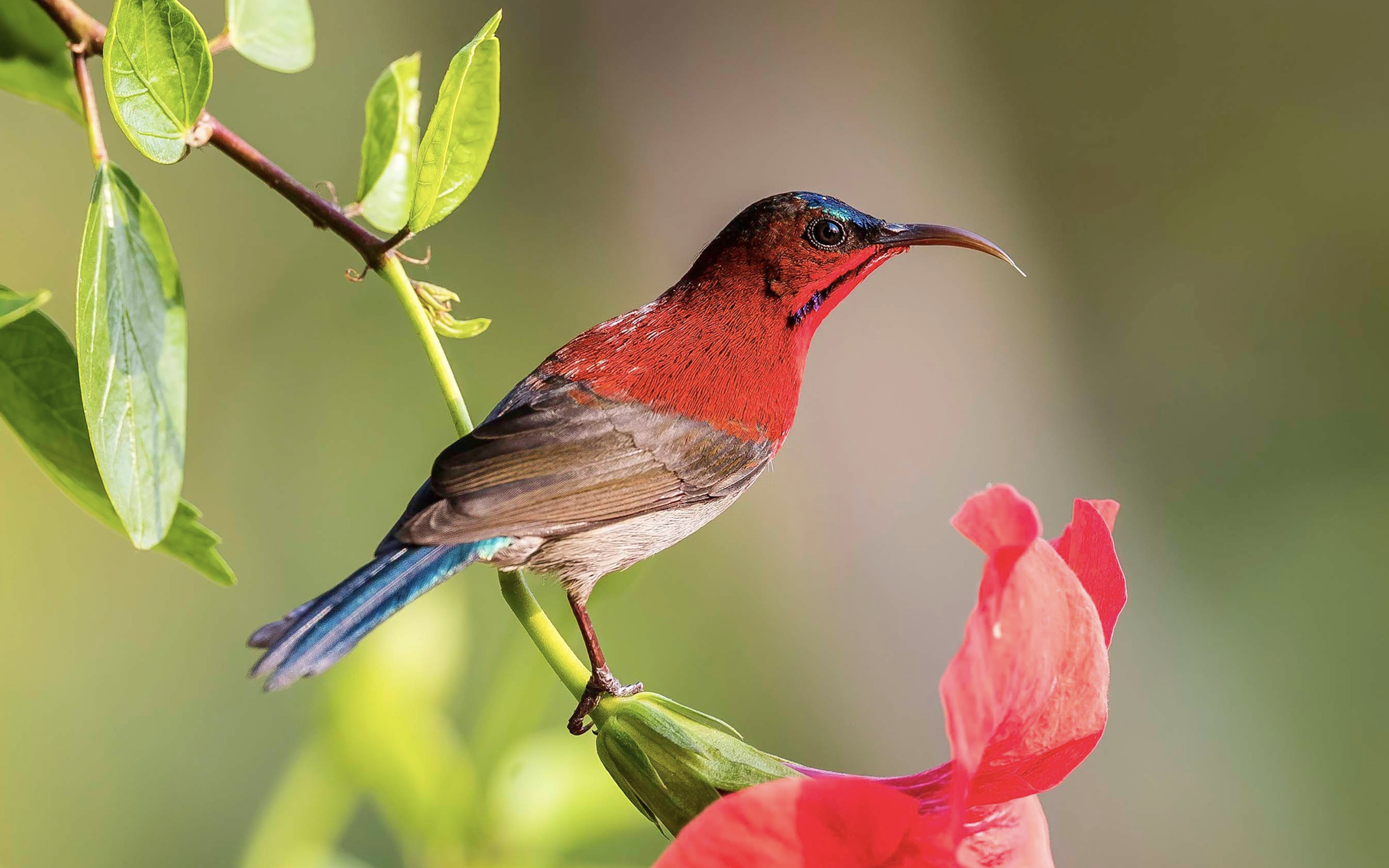
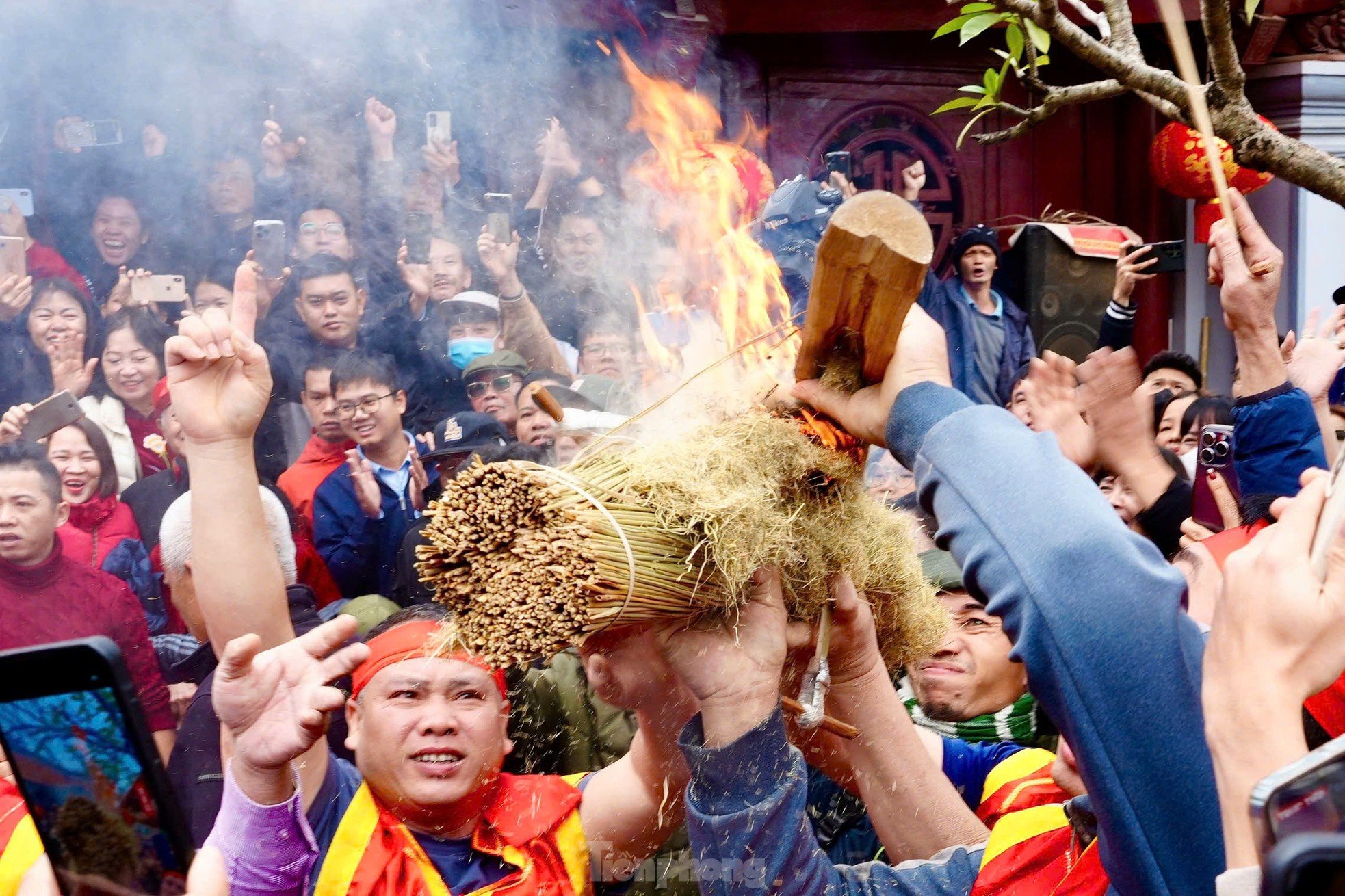

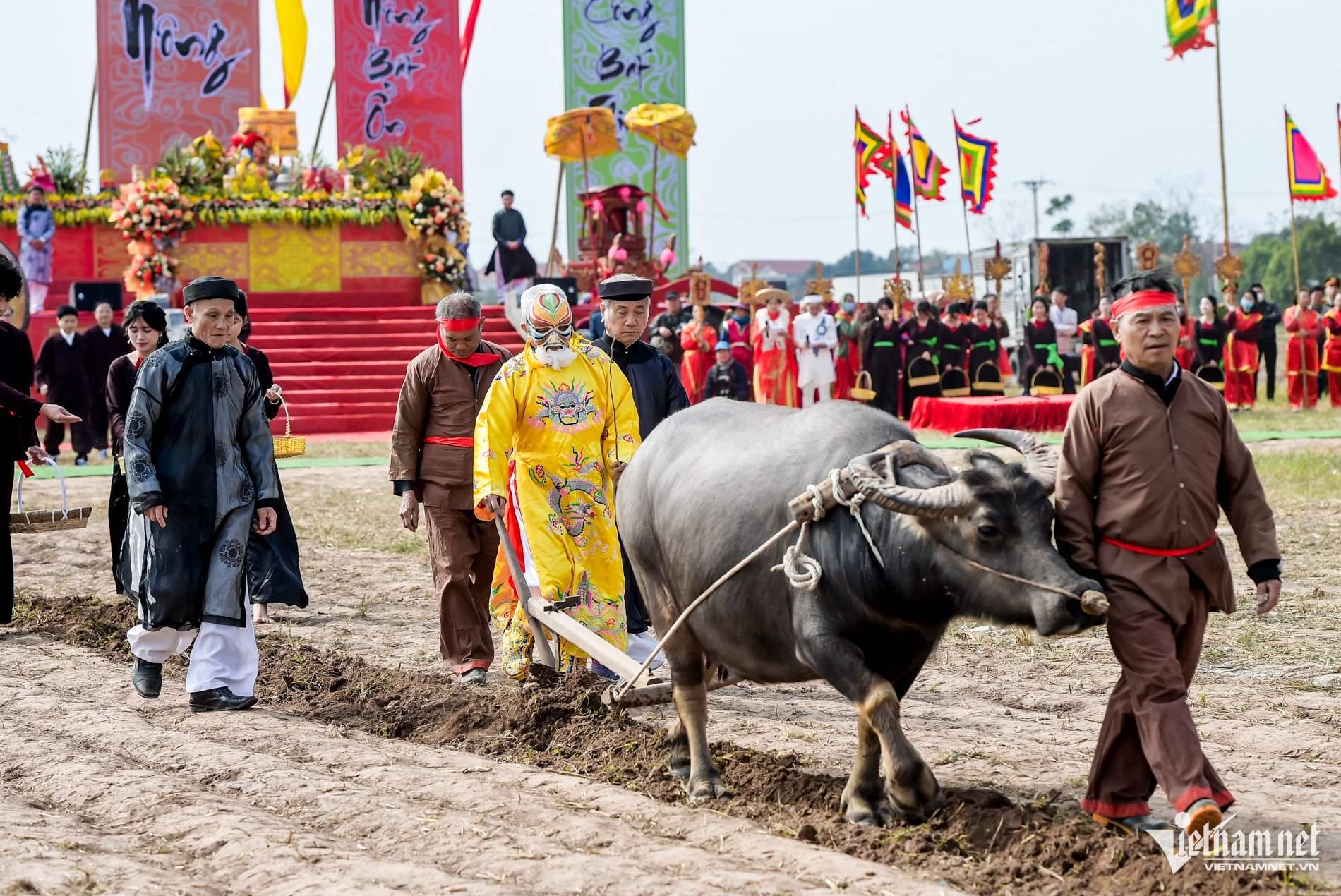


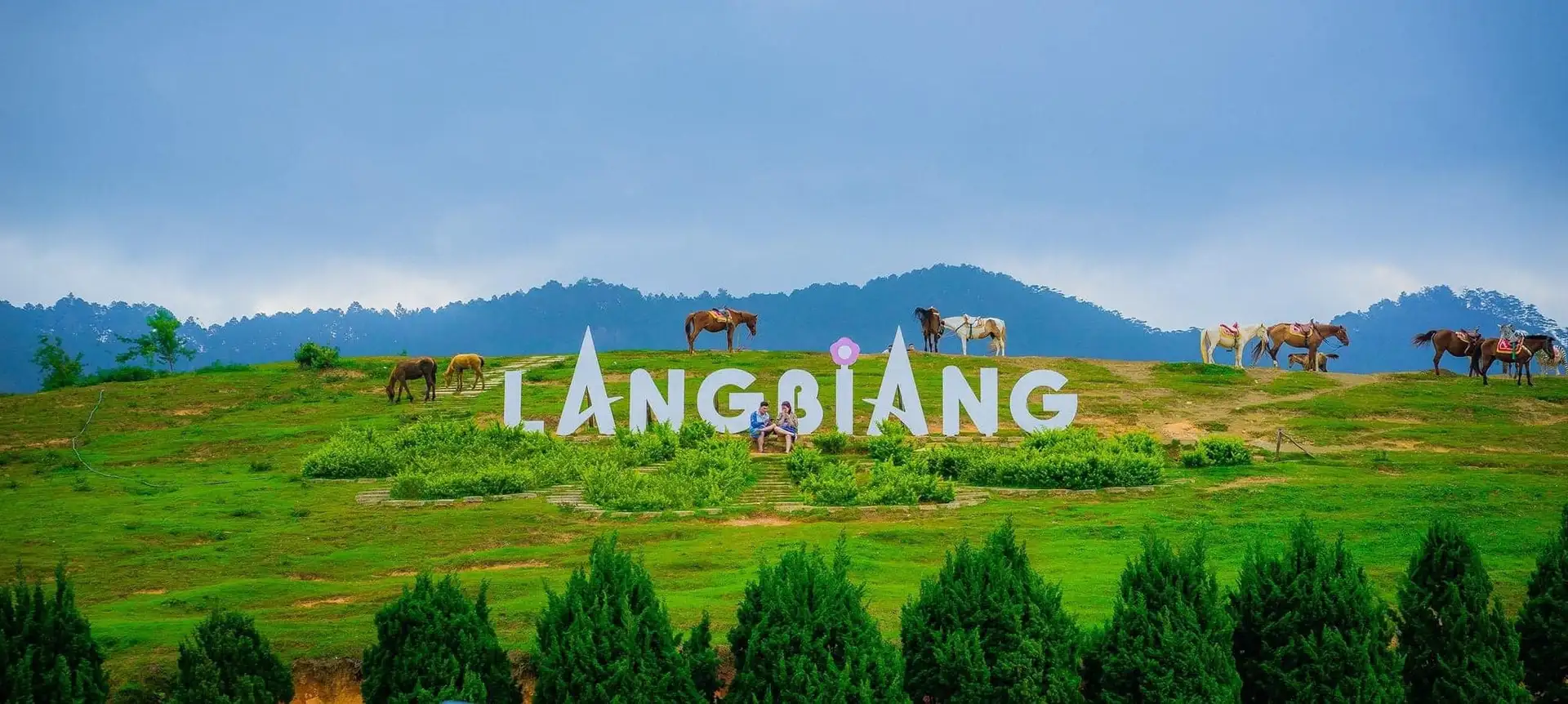













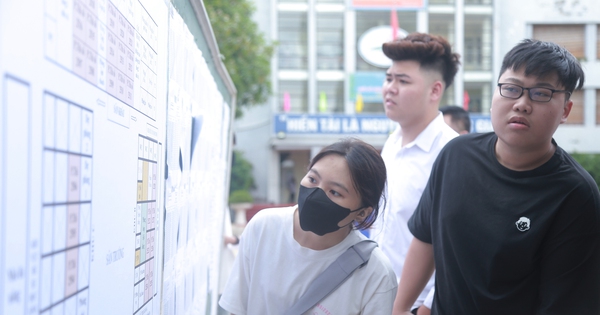

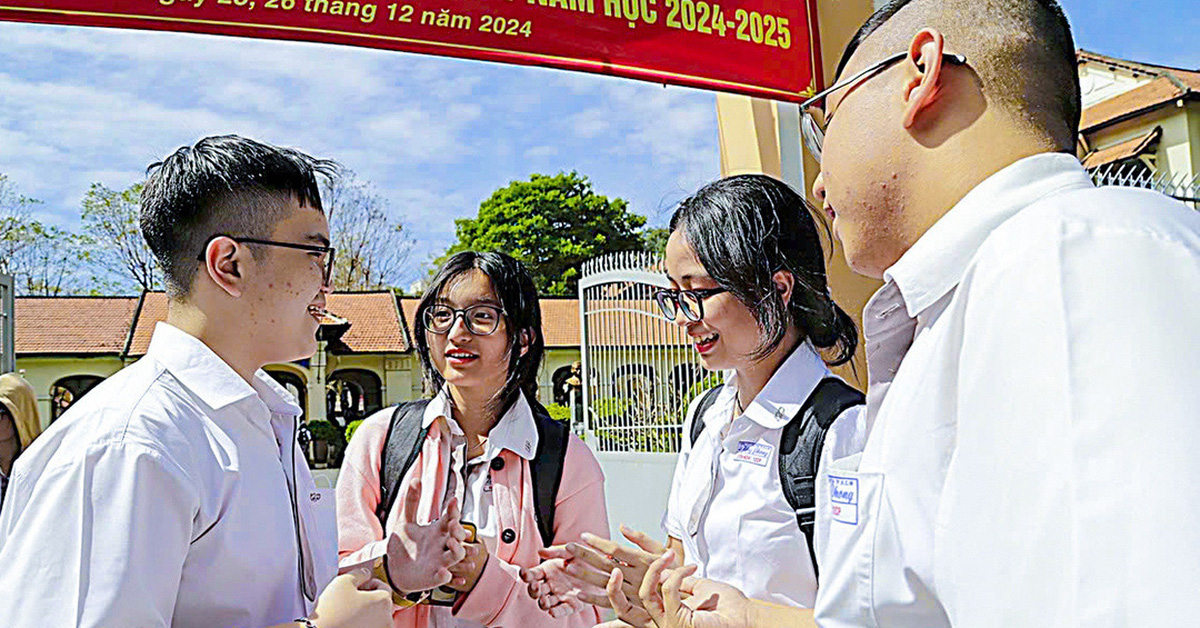

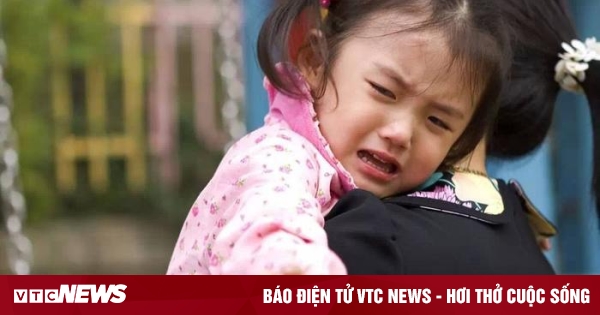

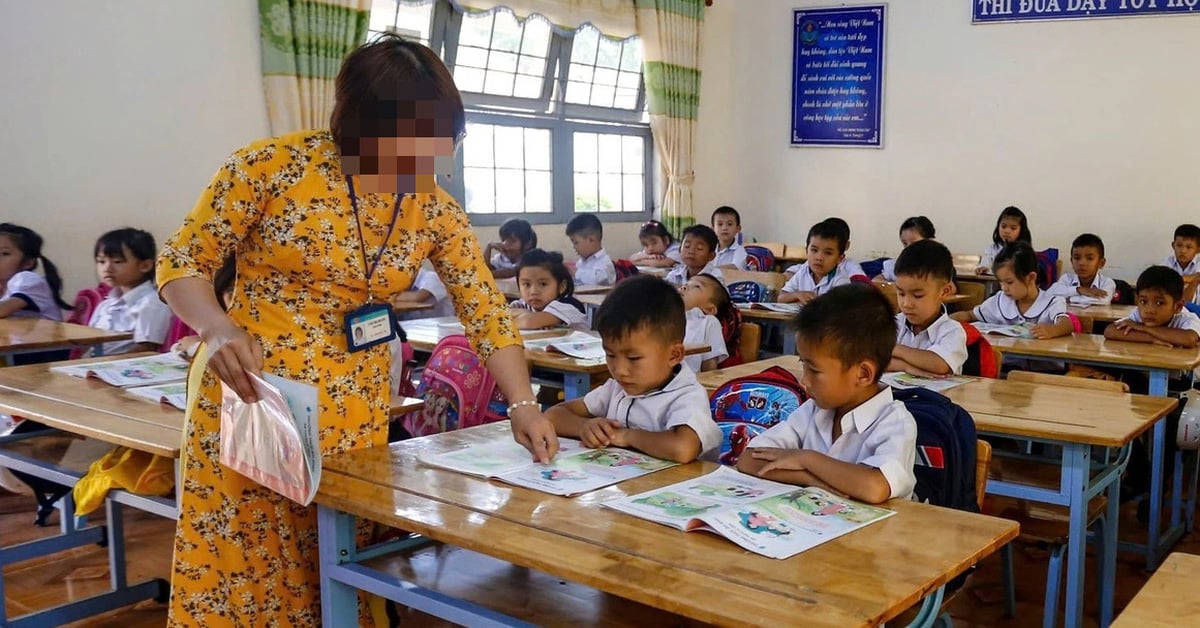
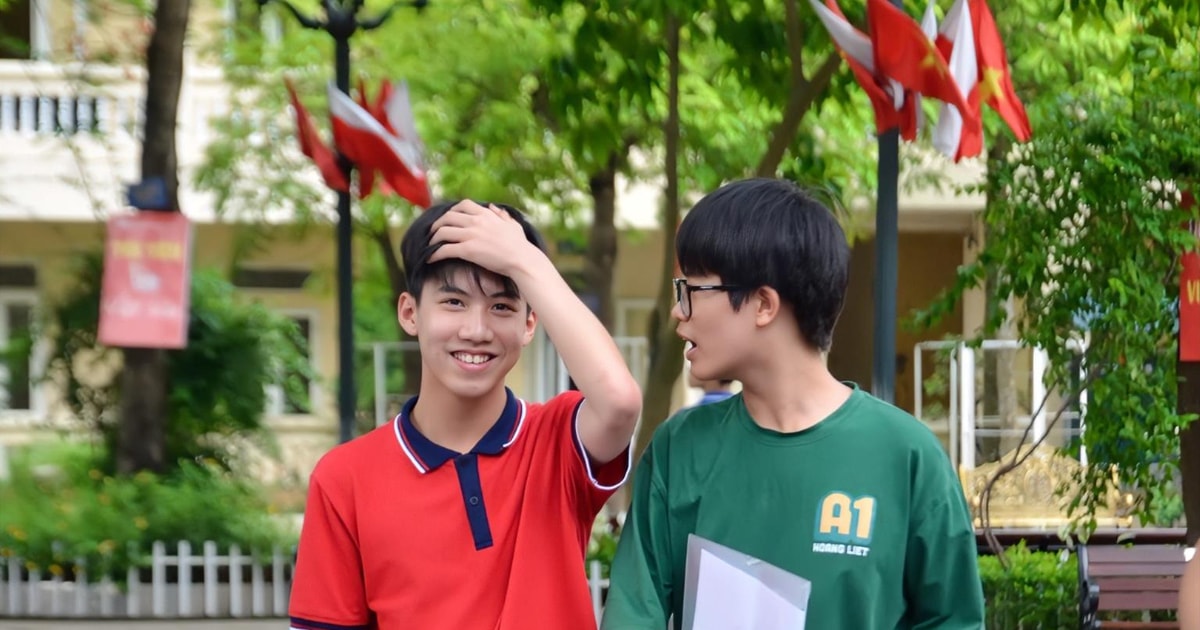

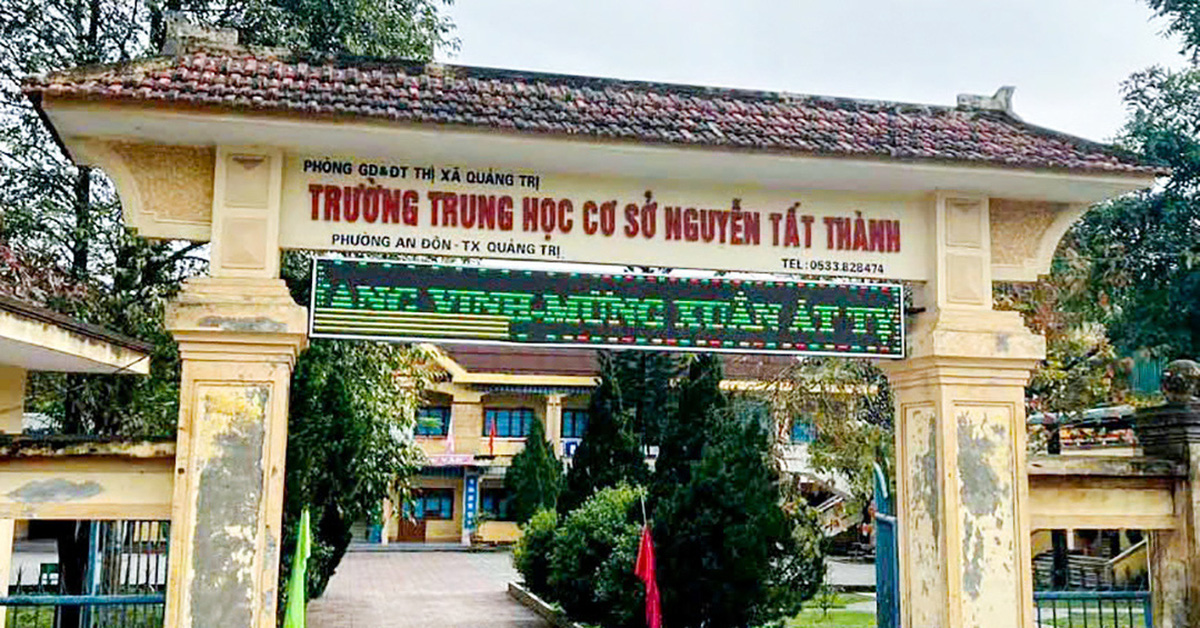
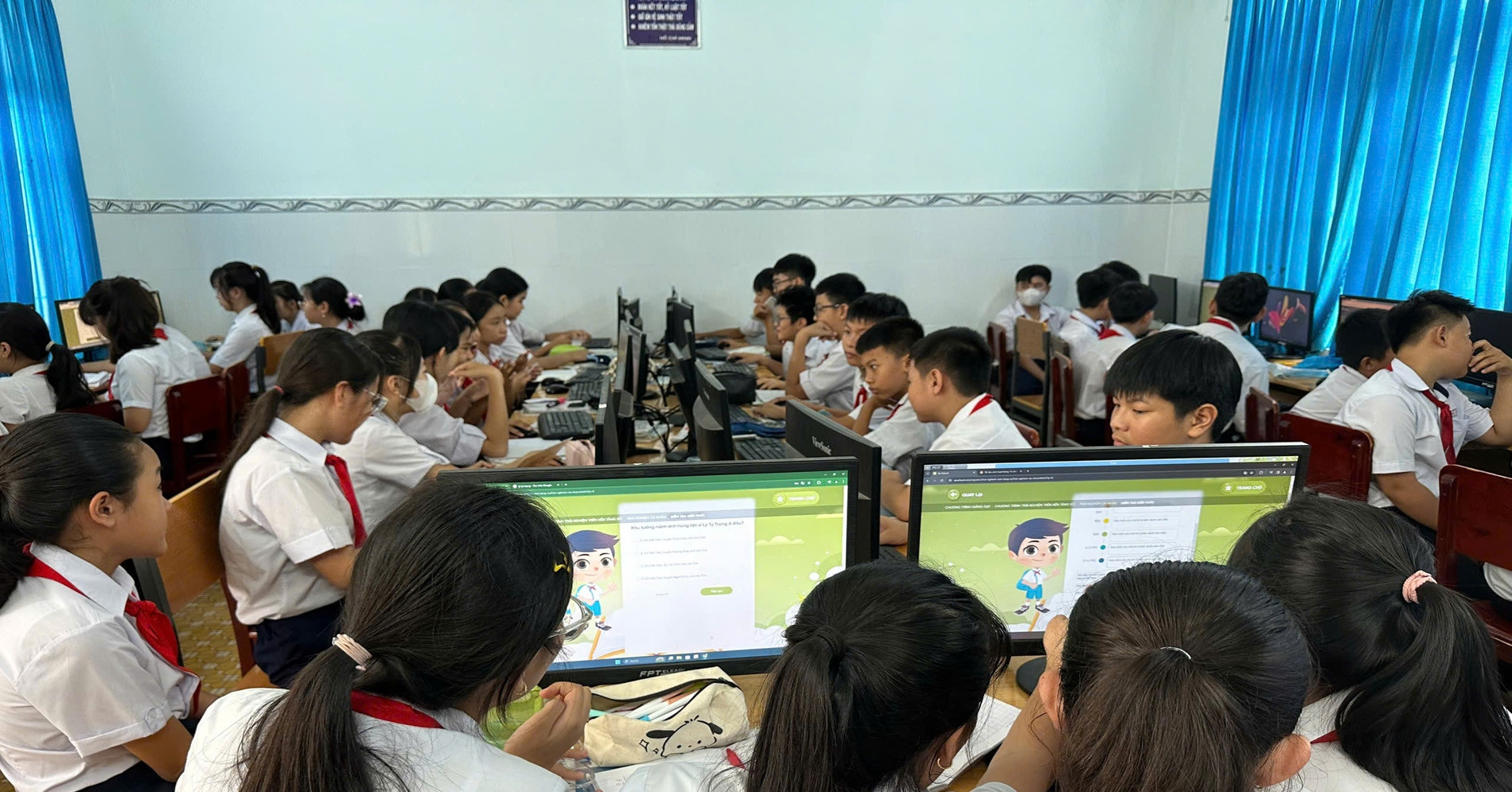

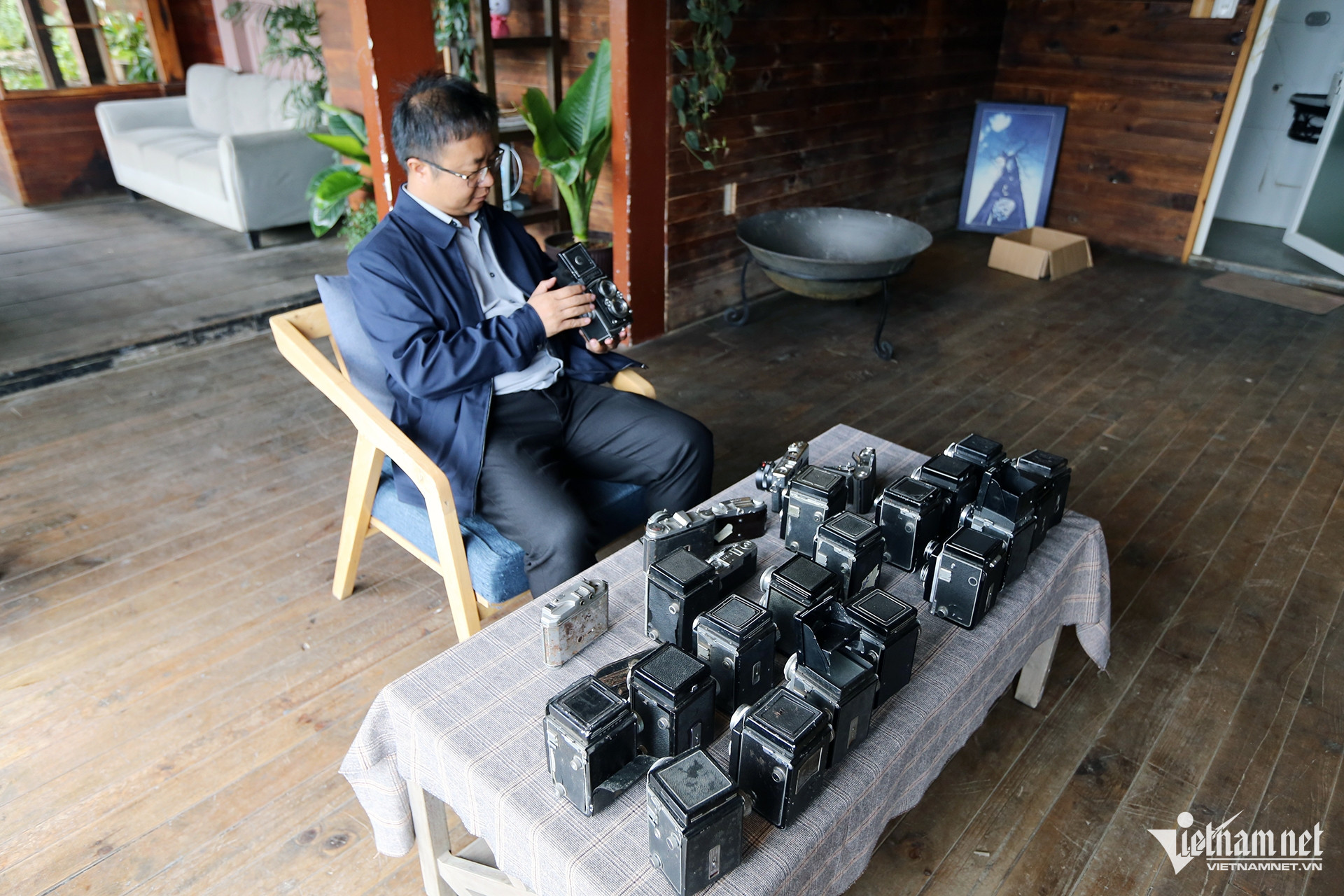
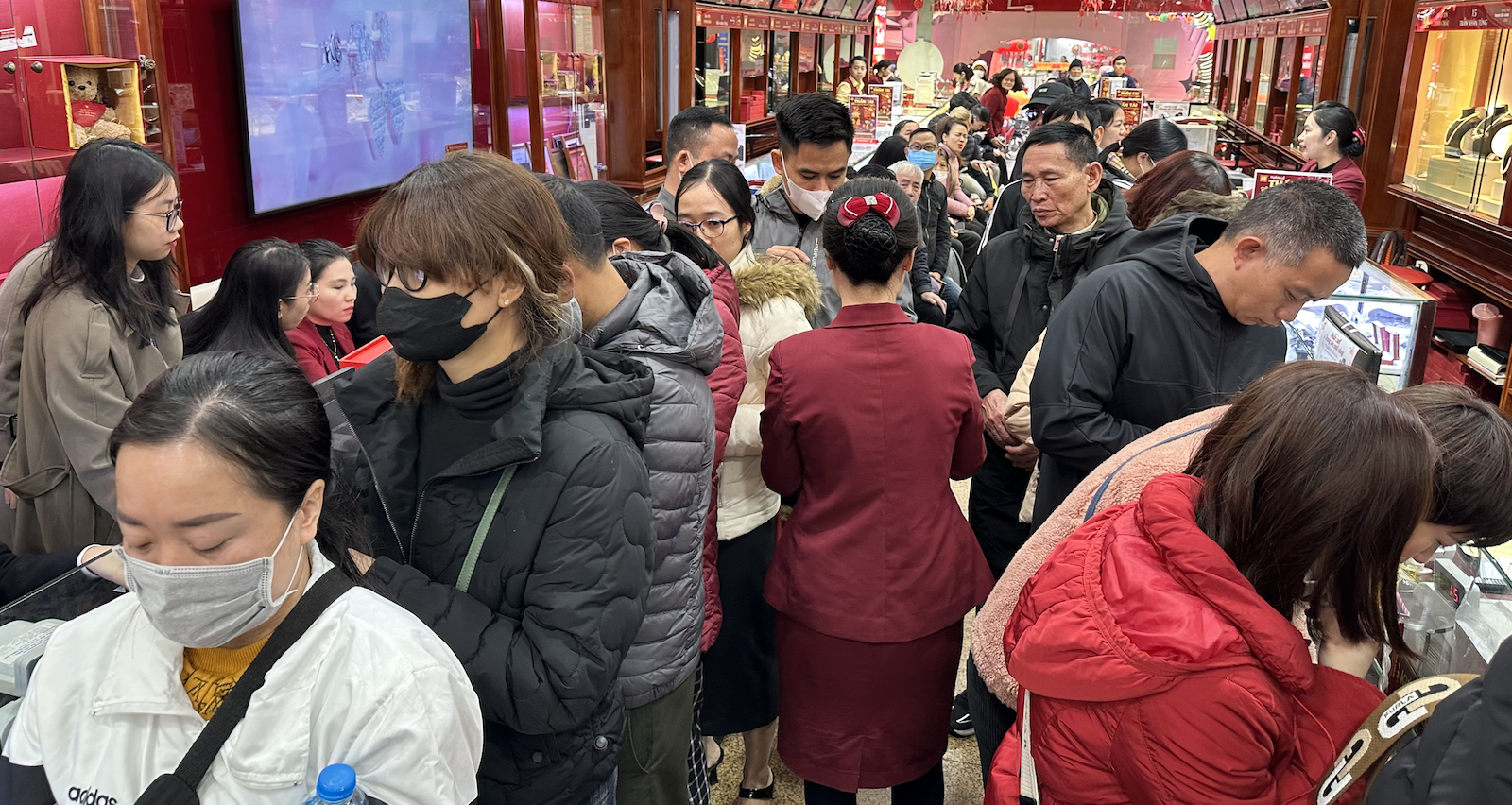
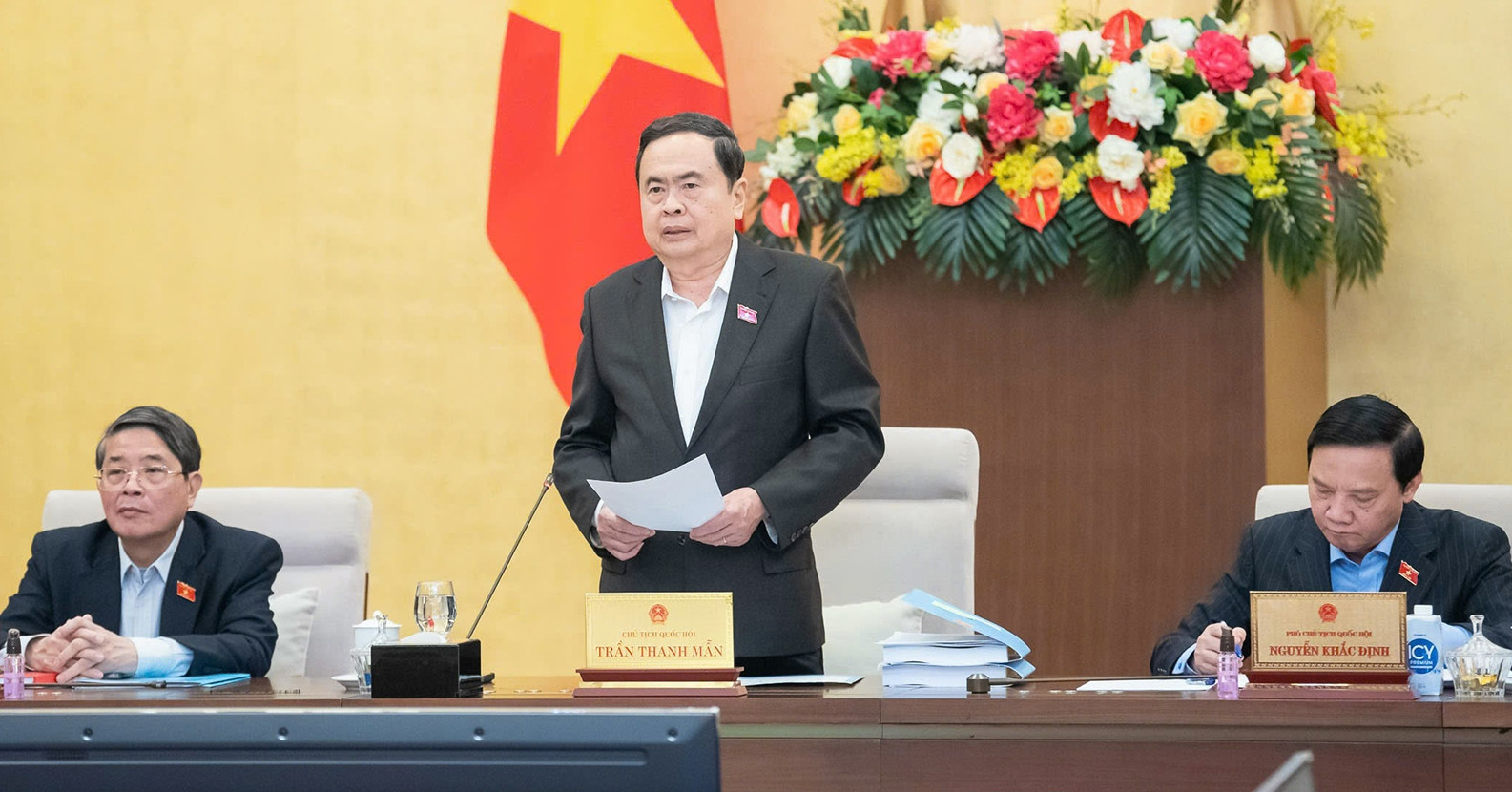
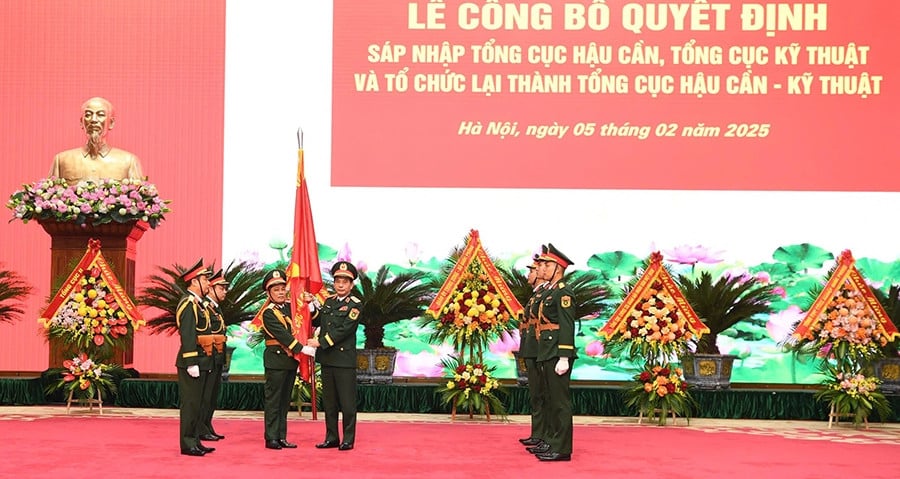

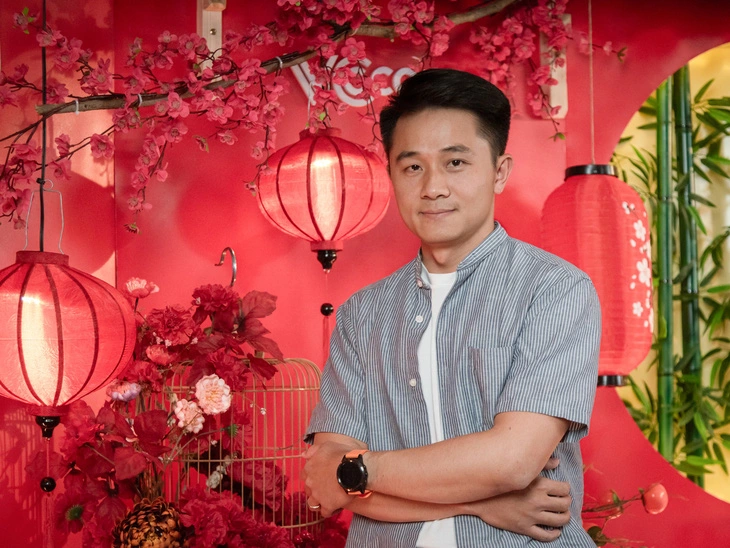
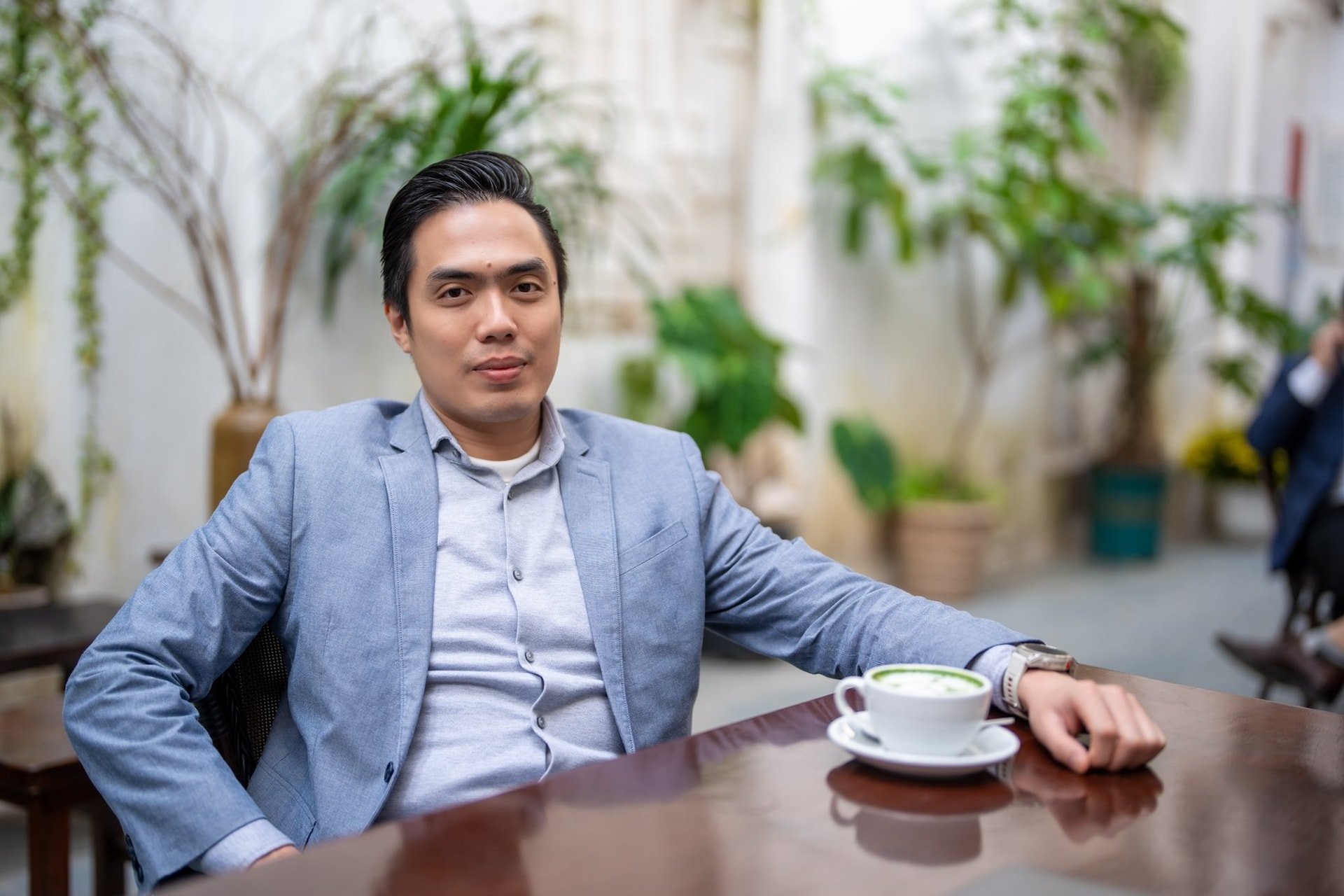

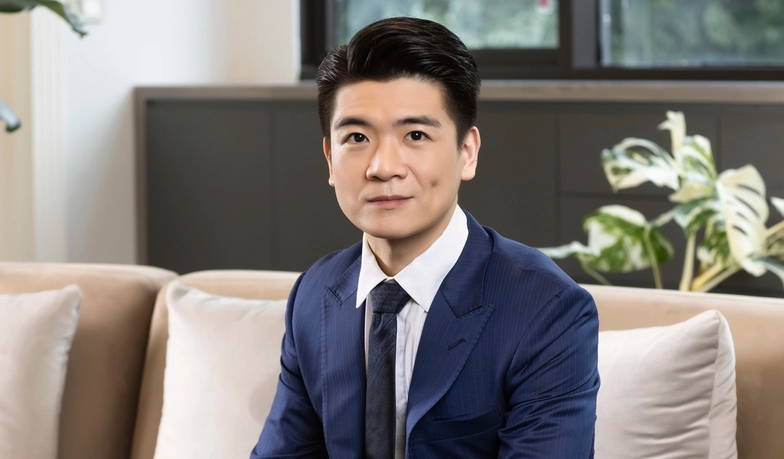

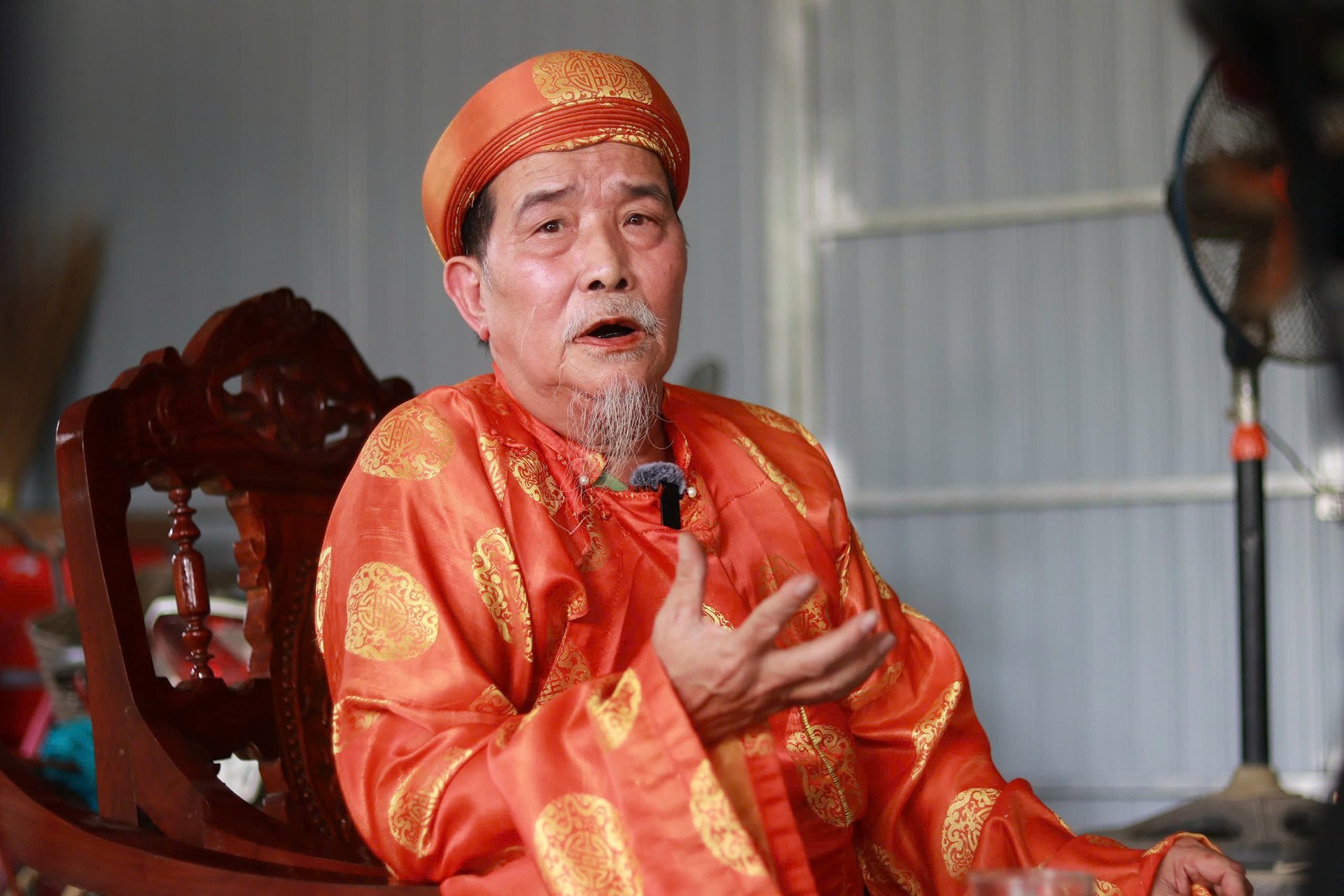
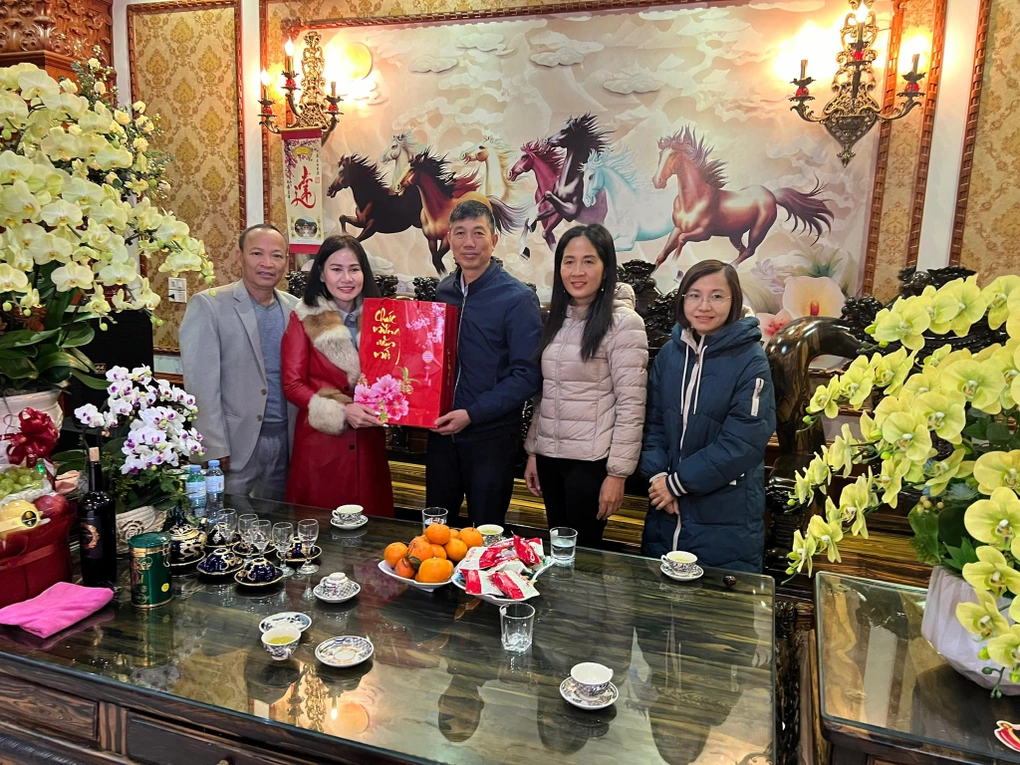





Comment (0)